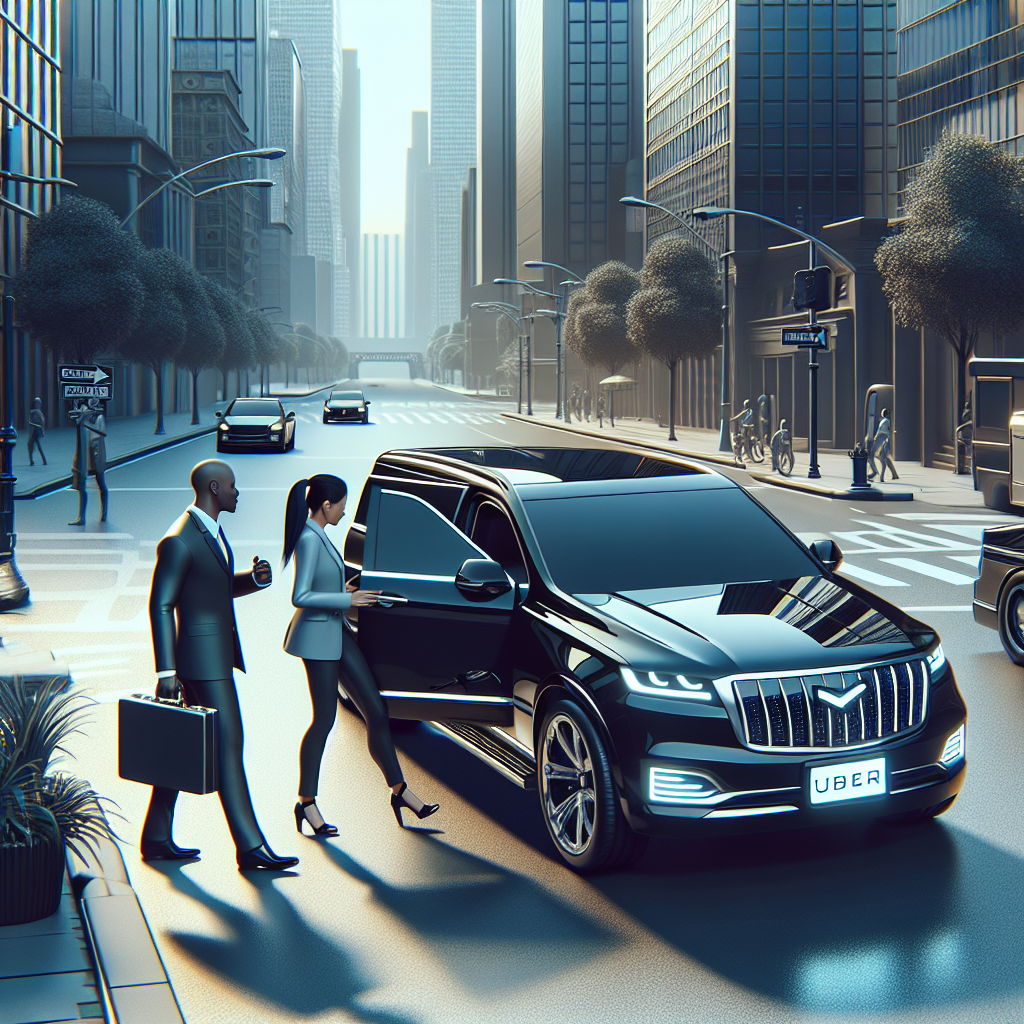Court Ruling Confirms VAT Approach in Ride-Hailing Dispute
The Supreme Court has dismissed Uber's appeal for their rival taxi operators to face a 20% VAT charge outside London. This decision upholds the existing ruling that private hire operators do not enter into direct contracts with passengers and are not required to charge VAT as Uber does.

In a significant judgment on Tuesday, the Supreme Court dismissed Uber's appeal to impose a 20% VAT charge on rival taxi operators outside London. This decision maintains the status quo, where operators do not enter direct contracts with passengers and are not liable for the VAT.
Uber sought this change following a 2021 Supreme Court ruling that made its drivers eligible for minimum wage and holiday pay, thus subjecting Uber to VAT. The High Court had initially ruled in Uber's favor, but the decision was reversed by the Court of Appeal in July 2024, backing rival operators Delta Taxis and Veezu.
Delta Taxis' legal representative, Layla Barke Jones, hailed the ruling as averting a potential crisis for many private operators. This verdict, along with a separate decision benefiting Bolt from VAT imposition, highlights a pressing call for a unified regulatory framework across the UK.
(With inputs from agencies.)
- READ MORE ON:
- Uber
- VAT
- ride-hailing
- taxi
- regulatory
- appeal
- Court
- London
- contract
- drivers
ALSO READ
Bombay High Court Acquits 12 in 2006 Mumbai Train Blasts Case
Venus Williams: A Surprise Comeback to the Tennis Court
China's Auto Market Correction: Clarifications and Regulatory Moves
Six new judges take oath of office, taking strength of Delhi High Court to 40.
Supreme Court refuses urgent listing of plea for FIR against Justice Yashwant Varma in cash row.










